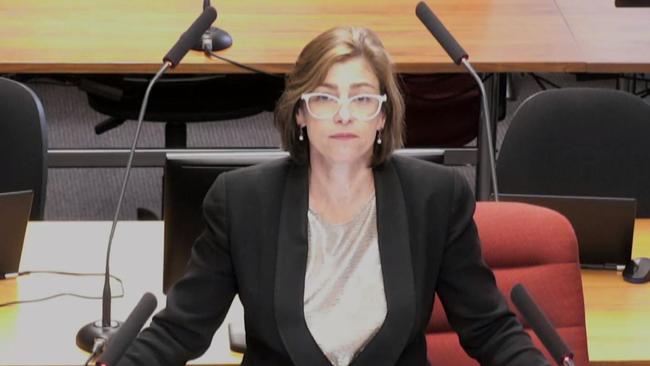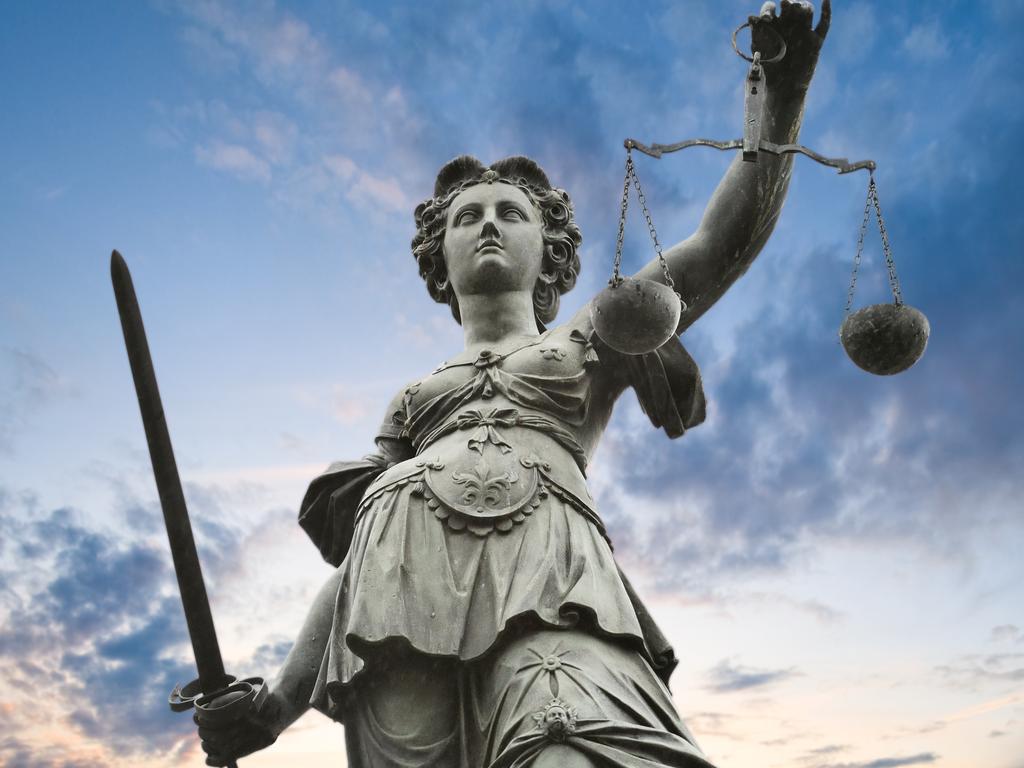Bar humbug to the claim women are the ‘victors’ in law
The statistics are clear – female barristers are still a long way from enjoying parity with men.

Was the opinion piece of my colleague Jeffrey Phillips SC in these pages last week – “Bar ballot reveals women are the victors, not the victims” – anything more than consternation that this year an equal number of male and female barristers were elected to the Bar Council? Which itself is unremarkable in recent years.
In a curious leap of logic, Phillips blamed this apparently disturbing outcome on the NSW Bar’s Equitable Briefing Policy and the existence of the Women Barristers Forum. Phillips invited us to scrutinise why in our “modern times” we organise “on the basis of gender alone”. This invitation stands at odds with the lack of scrutiny displayed in his opinion piece. It is a case of dispensing the medicine without taking it. In particular, Phillips offers no support at all for the claim that the NSW Bar’s Equitable Briefing Policy “disproportionately benefits the well-connected”.
The simple fact is, while there have been terrific improvements in recent years, the Bar does not yet reflect the diversity of the people starting their careers in the legal professional as solicitors, those who are studying law or the public more generally. NSW Bar Association statistics reveal that of the 2459 practising barristers in NSW, only 603 (25 per cent) are women. Of the 407 silks, only 56 (14 per cent) are women. These figures do not scream out equality to me.
And the statistics become even more stark when further scrutiny is applied, particularly in terms of appearances in courts and in the continuing gender pay gap. For instance, in the year to April 2018, only 18 per cent of all appearances (that is, speaking parts) were by female barristers in the NSW Supreme Court. It remains overwhelmingly the case that the most well-remunerated work at the Bar goes to men (particularly at more senior levels of the Bar) and that private sector briefs (which are generally the better-paid ones) still go disproportionately to men.
Sadly, it is still a rare day in the highest court in the land, the High Court, when a female barrister appears in a speaking role and to lead the team.
In common with many other Australian institutions, structural inequality long permeated the Bar. As pointed out by the Chief Justice of NSW Tom Bathurst in his February address, Trust in the Judiciary, the reality is that the system at the Bar ran substantially on patronage. Patronage conferred benefits on men, almost always to the exclusion of women. Indeed, it was only one or two generations ago that chambers regularly refused to license rooms to woman to permit them to practise at the Bar at all.
The Equitable Briefing Policy is exactly what it purports to be – a policy to encourage equitable access to briefs. It is one lever to help dismantle long-term structural inequality. Its purpose is to drive cultural change in the legal profession, support the progression and retention of female barristers, and address the significant pay gap and under-representation of women in the superior courts.
Phillips also complains of that “tightly organised interest group”, the Women Barristers Forum, which he charges with the offence of organising various “separate” events for women. As chair of WBF, I do agree that we are well-organised, which is a testament to the dedication of our executive who volunteer their time and energy. The WBF events of which Phillips complains are in fact ones at which all members of the Bar are welcome to attend and do attend. I did not hear any complaint from Phillips regarding the barristers’ cricket team or boat race team, although they are “tightly organised” too. The WBF has played an important role in promoting camaraderie at the Bar and supporting women in what is still a heavily male-dominated profession.
Ultimately, equality is hard fought for and easily lost without active effort, vigilance and courage. Policies that promote equality such as the Equitable Briefing Policy and organisations such as WBF, which promote diversity and inclusion, are to be applauded rather than derided. Thanks to the courage and perseverance of many brave women and men, women are now genuinely welcomed at the Bar, and are increasingly taking their rightful positions as leaders in our profession. Diversity is now recognised as the strength it is. That benefits not only the Bar, but consumers of legal services and the public more generally.
Phillips’s views do not reflect the commitment to diversity and equality that now prevails at the NSW Bar, which is a far more welcoming place to women than in former times. That proposition finds some support in the fact 11 of 21 members of the newly elected Bar Council are female.
Naomi Sharp SC is chair of the NSW Women Barristers Forum, a section of the NSW Bar Association.




To join the conversation, please log in. Don't have an account? Register
Join the conversation, you are commenting as Logout